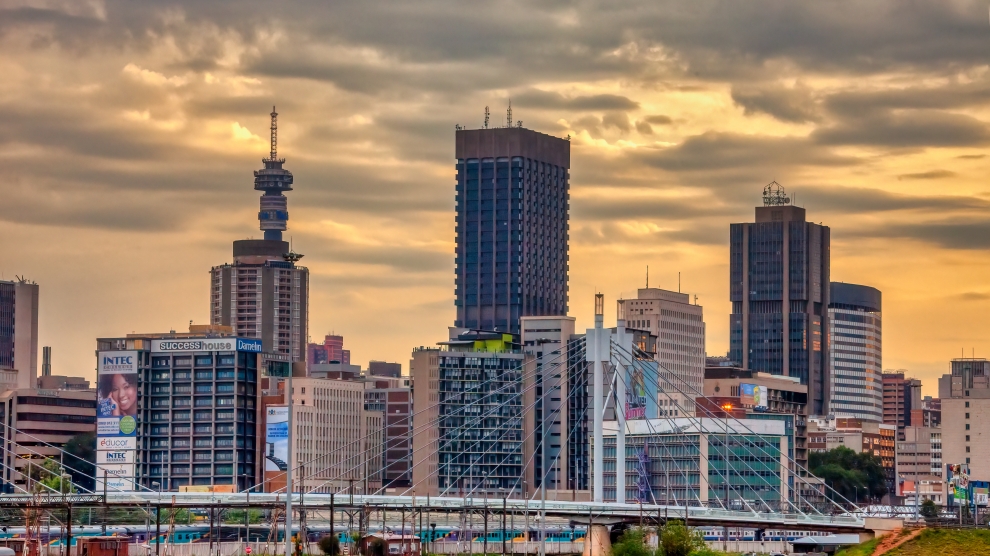Emerging Europe’s digital leader Estonia, in cooperation with Finland, Ireland, Luxembourg and Poland, has teamed up with the African Union (AU) to organise a cross-continental, online hackathon to come up with innovative solutions to socio-economic problems in Africa that have been exacerbated by the Covid-19 crisis.
The event, EU-Africa: The Post Crisis Journey, will run from December 10-13 and builds on an AU-Estonia cooperation agreement signed in December 2017 and the recommendations of an AU-EU task force report from 2018. Encouraging digitalisation in Africa and seeking innovative development solutions is at the heart and spirit of the AU Digital Transformation Strategy approved in 2020 and in line with Agenda 2063, which gives a prominent place to youth empowerment and participation.
According to Andres Rundu, the Estonian foreign ministry’s undersecretary for external economic policy and development cooperation, Estonia has considerably expanded its contacts with the countries and organisations of the African continent in recent years.
“Organising a hackathon with such a level of ambition is a clear demonstration of how Estonia can use its digital strengths to advance the cooperation between the European Union and Africa in several ways. Even before the pandemic, the rapid development of Africa was spurring on a great interest in digital services, and now the digital transformation has gathered even more speed. This hackathon enables us to join the forces of Europe and Africa for a successful digital transformation,” says Mr Rundu.
African Union Commissioner for Infrastructure and Energy Dr Amani Abou-Zeid meanwhile has highlighted the timeliness of the event.
“The AU Digital Transformation Strategy, approved in 2020, sees digitalisation as springboard to rethink African development models and develop new solutions to socio-economic problems. The post-Covid-19 era offers Africa an important opportunity to revitalise our economies under a green and smart framework that supports health and prosperity embracing new technologies. We are confident that youth shall put their creativity, innovation and ingenuity using digital skills into providing solutions that help Africa recover better and faster”.
The online hackathon plans to engage 10,000 tech-savvy and socially conscious participants, 300 mentors and at least 100 community building organisations from both Africa and Europe. The hackathon is open to African and European youth to submit innovative ideas that can contribute to mitigating the Covid-19 aftermath.
Minister of Higher Education, Science and Innovation of South Africa Blade Nzimande, the current chair of the African Union, emphasises the role of science and innovation at the forefront of the response to Covid-19 in both Africa and Europe.
“Cooperation between African and European scientists, innovators and entrepreneurs can make a decisive contribution, not only to defeat the pandemic, but crucially also to accelerate economic recovery. This hackathon will make an important contribution to enable such partnerships and it is, thus, an initiative, South Africa is delighted to support,” says Dr Nzimande.
In March, Estonia became one of the first countries in the world to organise a hackathon to develop technological solutions to the current crisis, and to build resilience post-pandemic. The hackathon was a response to a call for action from Estonia’s current president, Kersti Kaljulaid, who has been a strong advocate of the international community finding solutions via such events.
One of the success stories from that hackathon was an automated chatbot called Suve, now being used by the Estonian government to make sure that everyone living in or visiting Estonia gets their questions regarding Covid-19 answered from official sources.
—
Unlike many news and information platforms, Emerging Europe is free to read, and always will be. There is no paywall here. We are independent, not affiliated with nor representing any political party or business organisation. We want the very best for emerging Europe, nothing more, nothing less. Your support will help us continue to spread the word about this amazing region.
You can contribute here. Thank you.







Add Comment